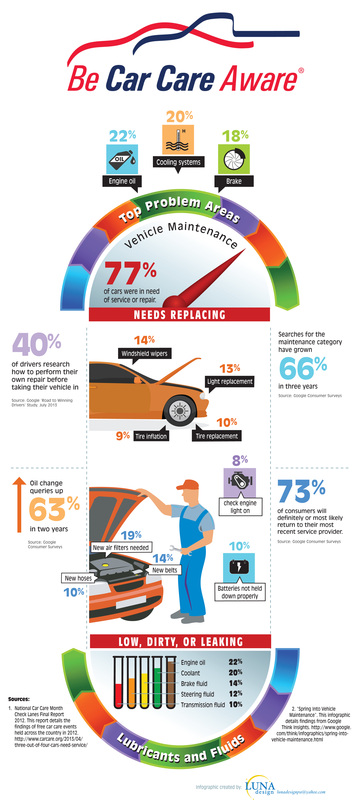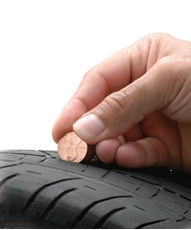Get those cars and trucks inspected before your sticker expires! Remember, its a moving violation in Massachusetts for driving a vehicle with an expired sticker! Go to MassInspectionStations.com to find an inspection station near your home or work.
New Inspection Stations in Peabody and Malden. Think your car might fail the inspection? Need new tires? Find and auto repair shop or muffler shop or what ever your car needs.
New Inspection Stations in Peabody and Malden. Think your car might fail the inspection? Need new tires? Find and auto repair shop or muffler shop or what ever your car needs.




